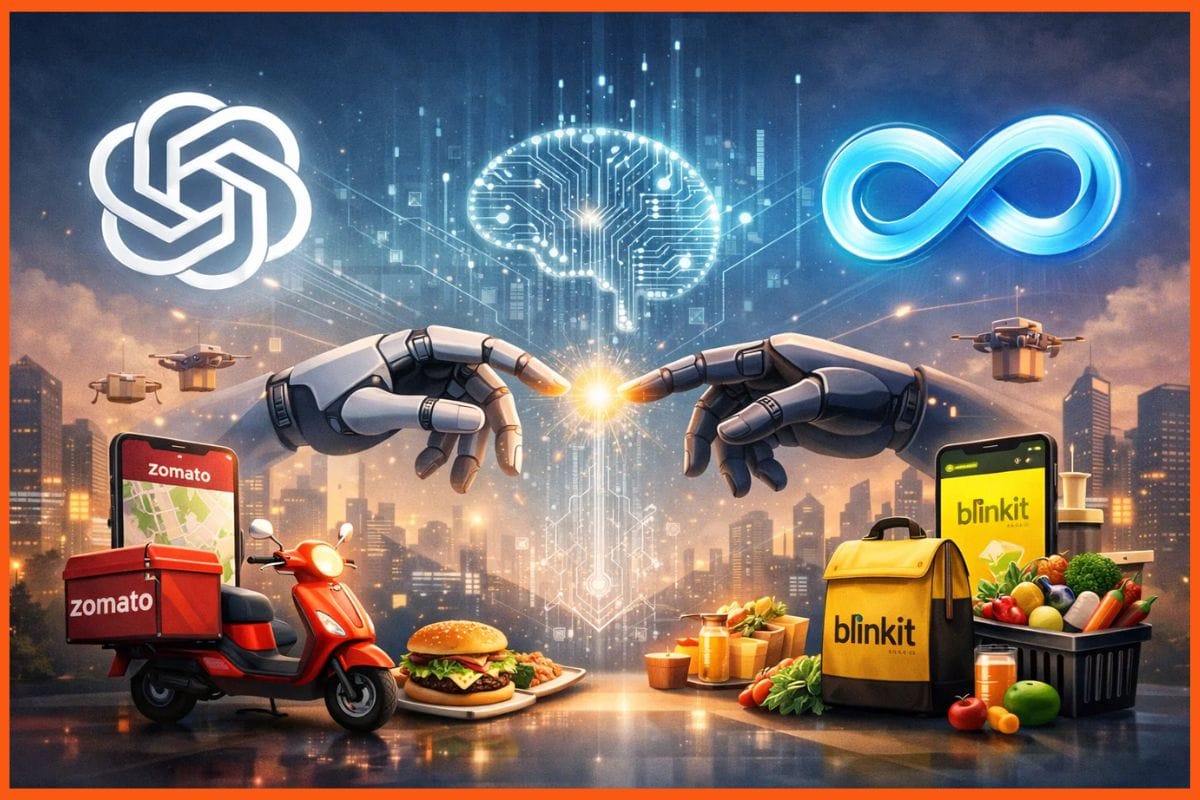Chatbot - Perfect SaaS Business Tool
saas
Software as a Service (SaaS) is a high engagement affair with its users. Modern businesses face crucial challenges related to customer retention and business development. Due to a shift in focus from primarily sales-driven organizations to more service-driven systems, businesses are trying to improve revenues by engaging customers in better ways. With the rise in popularity of communication services such as Facebook Messenger, LiveChat, Whatsapp, and others, it has changed the way consumers interact, both in their personal and professional lives.

Research shows that customers become angry when businesses do not satisfy or provide proper customer support. By improving customer support functions, businesses can build brand loyalty and boost revenue in a short time.
Also read:
What is a Chatbot?
In short, a chatbot is a computer program which mimics conversation between users, usually powered by artificial intelligence. A user could ask the chatbot a question or provide it with an instruction and the chatbot will respond. Chatbots are the new-age tool for helping businesses improve customer satisfaction, thereby, improving sales. They’re typically considered either an informational bot or a utility bot; a utility bot is generally one that takes instructions such as scheduling an appointment, and an informational bot is one which is pretty self-explanatory – it provides the user with information, usually about the website they’re on.

Why use chatbots?
Chatbots are becoming an effective tool for lead capturing and are being integrated into websites to help businesses get prospects in efficient and cost-effective ways. They are more than simply a traditional live chat. They have assisted the startup world with scaling operations, building customer bases and boosting revenues.
Users tend to favour an interactive medium for making their online purchases, and ultimately users want their information as quickly as possible. Chatbots allow your user to get their answer straight away, and if the bot is integrated with an app such as Facebook Messenger, there’s no need for them to download an additional app or keep changing between screens.

A chatbots’ ability to understand and respond to customers’ questions make them a popular and powerful application. Chatbots help companies by offering better customer engagement. In turn, this drives companies to grow stronger globally through their outreach. Benefits also include saving time and money as well as optimally use human resources.
SaaS businesses would not exist without the invention of the internet. Over the last 30 years, though, the playing field has been levelled. It is time for SaaS platforms to find a new differentiator, not only against other businesses but also against other SaaS. Chatbots are the perfect tool to bring that differentiation.
Relevant read:
- How to Remotely Manage your Workforce?
- Ideas to Boost Customer Retention
- How to Launch your SaaS Business?
Here are six ways chatbots can positively impact your SaaS business.
They’re fast
One of the biggest things that chatbots bring to the table is their ability to take a huge burden off customer support. Unlike executives who cannot handle more than 3 or 4 customers at a time in real-time conversations, chatbots can tackle many customers at once.
Conventional CRM forces customers to wait to have their grievances addressed. In addition to the problems they’re facing, the long wait adds to a customer’s anxiety. By dropping a (knowledgeable) chatbot on your website or within your platform, you instantly give your audience what they want: help, now.
Lead Filtering and Identification
If you run an ecommerce business or a sales website, you may be receiving significant traffic due to promotional expenditure, but does it convert into tangible sales? The answer is, highly unlikely. Even a sales funnel will only work if the user follows through with the content. However, when you position a Chatbot, it prompts the user when looking for something specific. You feed the Chatbot with keywords and once the user responds, the Chatbot connects them with an actual salesperson.
You may be unsure about retaining a 24/7 sales representative because you don’t want to waste resources on casual ‘digital dwellers’ who have no intention to purchase. This is where the Chatbot can help you identify the lead at the right time, putting your sales team into action just when you need them.

They’re Smart and Quick
Customers prefer quick and immediate responses as opposed to slow and tedious email threads. The fact that customers can get quick responses gives credence to chatbots. Chatbots are a better alternative to both Interactive Voice Response mechanism and email resolution methods. Chatbots are trained to respond with relevant and precise answers in an instant.
Information Gathering and Recording
Data shows that people talk more freely when they know who they are interacting with, whether it be with Apple’s Siri, Microsoft’s Cortana, Google’s Home or Amazon’s Echo. This same principle applies to Chatbots. When posting casual comments, most users can provide vital information showing their importance to your business. The data voluntarily provided by consumers regarding recent purchases, hobbies, likenesses and residential areas can be leveraged by the sales team to reach out to specific buyers. While human sales personnel may miss these red flags, a pre-programmed Chatbot will not.
Must read:
Branding and first mover
Finally, being a first mover. The first mover advantage, which gives the upper hand to the first company to adopt a new piece of technology, doesn't last. Chatbots are super early. There aren't that many SaaS companies leveraging them just yet. You can still be a first mover. You probably have a couple of years tops, though, so you might have to act fast.
Being a first mover has several advantages beyond just 'being first' and grabbing all the money. Namely, being a first mover offers a branding advantage. Position your company as an innovator in your field and reap the beautiful branding rewards.
A Happy Customer Stays
Customers whose problems are solved are more likely to stay loyal to the company, instead of migrating to the competitor. In fact, customers will be receptive to receive information about new offers and products. Developers are training chatbots to interact with customers like a friend.
This informality is likely to create a shift from conventional marketing techniques towards revolutionary methods. These are times where going ‘mobile and digital first’ is the order of the day. Companies use chatbots during aggressive marketing campaigns to out maneuver their competition.
AI and chatbots
Chatbots can do much more than just customer service, the list of use cases grows every day. Besides basic script-based customer support, chatbots using NLP and machine learning are being used across industries to enable support in different functions. For example –
- Chatbots can provide virtual assistance – One can reserve events, doctor appointments, restaurant reservations, movie tickets and more. E-commerce chatbots help in ordering food and just about anything from websites. Chatbots can help manage a person’s health, grocery etc.
- Chatbots can help in content delivery for news updates and sports content. Some chatbots exist to give basic diagnosis advice based on symptoms. The bot can then refer users to a live doctor for further consulting.
- Additionally, Chatbots are used in real estate to identify and convert leads. The chatbot field is diverse and rapidly growing and has since surpassed the realm of customer service.
Conclusion
Organizations all over the globe are trying to come up with new initiatives to make their workplaces more productive. Chatbots can help here too. Automation can create a lot of free time to enhance efficiency or allow people to devote that time for creative work. Chatbots are here to stay and are growing in intelligence to support different functions in multiple industries. It is essential that organizations understand chatbots and their usage at the primary level. There is little doubt that the number of complex tasks that will be handled by chatbots will also grow exponentially in the future. What do you think about the use of Chatbot in SaaS industry? Please let us know in the comments section.
Must have tools for startups - Recommended by StartupTalky
- Convert Visitors into Leads- SeizeLead
- Website Builder SquareSpace
- Run your business Smoothly Systeme.io
- Stock Images Shutterstock





